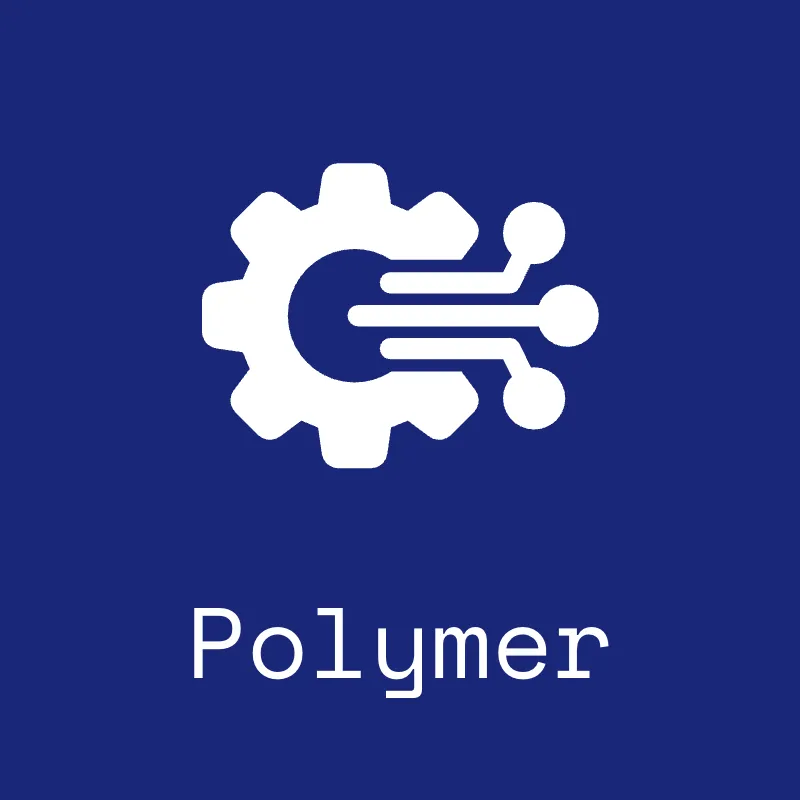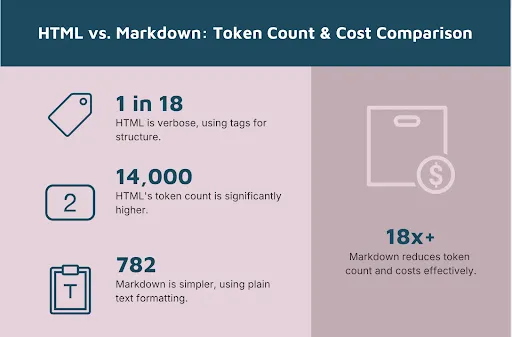At Digital Polygon, we believe that great website operations require more than just code—they demand repeatable workflows, scalable automation, and tight team coordination. That’s why we quietly soft-launched Polymer late last year: our open-source WebOps orchestration tool built to help teams move faster, reduce operational overhead, and enforce consistency across projects.
What Is Polymer?
Polymer is our opinionated WebOps toolkit built out of best of breed open-source tooling that our teams leverage daily. We designed Polymer to help our teams standardize and streamline their web development operations. It acts as a glue layer between local development tools, CI/CD systems, and hosting platforms—automating the WebOps best practices we’ve built and refined over hundreds of Drupal and WordPress projects.
Polymer is more than a collection of scripts. This robust toolkit provides users with reusable, documented workflows and automation patterns. Instead of relying on tribal knowledge or scattered documentation, Polymer helps developers ship consistency consistently. From automated updates to multisite management, our teams—and yours—can move your website development process faster and with more confidence. Polymer enables developers to:
- Define and enforce WebOps standards across projects
- Accelerate onboarding processes and strengthen developer expertise
- Automate routine tasks, freeing developer time for mission-critical projects
- Align tooling across delivery and operations teams
Why We Built It
We’ve seen it time and again—architects juggling messy tech stacks, struggling to onboard new teams, and watching carefully curated tools get tossed aside in favor of "what's easier right now."
We built Polymer to encode our knowledge, avoid repetition, and make WebOps truly repeatable. We’ve built Polymer to tackle the real problems we’ve faced, keeping a few key principles in mind:
- ✅ Minimal dependencies so it’s easy to run and install
- 💡 Opinionated defaults to promote simplicity and alignment
- 🔌 Extensible architecture to support open-source contributions and easy customization
Key Features (Available Today)
Polymer already supports a range of high-impact WebOps tasks out of the box:
- 🔄 Tight DDEV integration for consistent local development
- 📦 Artifact generation and deployment workflows
- 🤖 CI automation recipes, including Composer changes and upgrade handling
- 🚀 Automated update strategies for Drupal sites
- 🏗️ Multisite management tools
- 🧰 Drupal site setup automations
While our initial recipes are designed for extensibility across environments, many are heavily optimized for Pantheon since it is our most common hosting environment ..
Down the Road(map)
We’re just getting started. Here’s what’s coming soon to Polymer:
- 🧪 Visual regression testing using BackstopJS (CI and local workflows)
- 🌐 Lighthouse integration for performance, accessibility, and SEO scoring
- ☁️ Deeper hosting platform integrations, starting with Pantheon:
- Multidev orchestration
- Quicksilver hook automation
- Streamlined deployment patterns
We’re excited to bring WebOps orchestration into the open, and we’re just getting started. If you’re looking to streamline your workflows and reduce overhead while scaling your website operations, we’d love for you to try Polymer and give us feedback.


